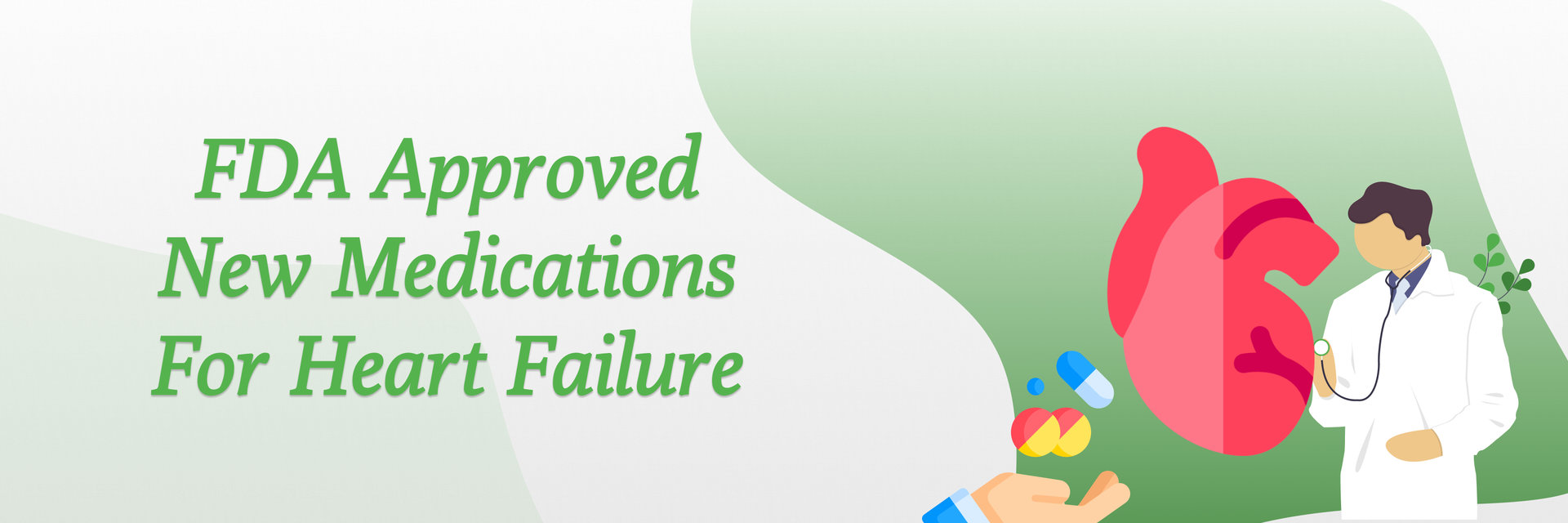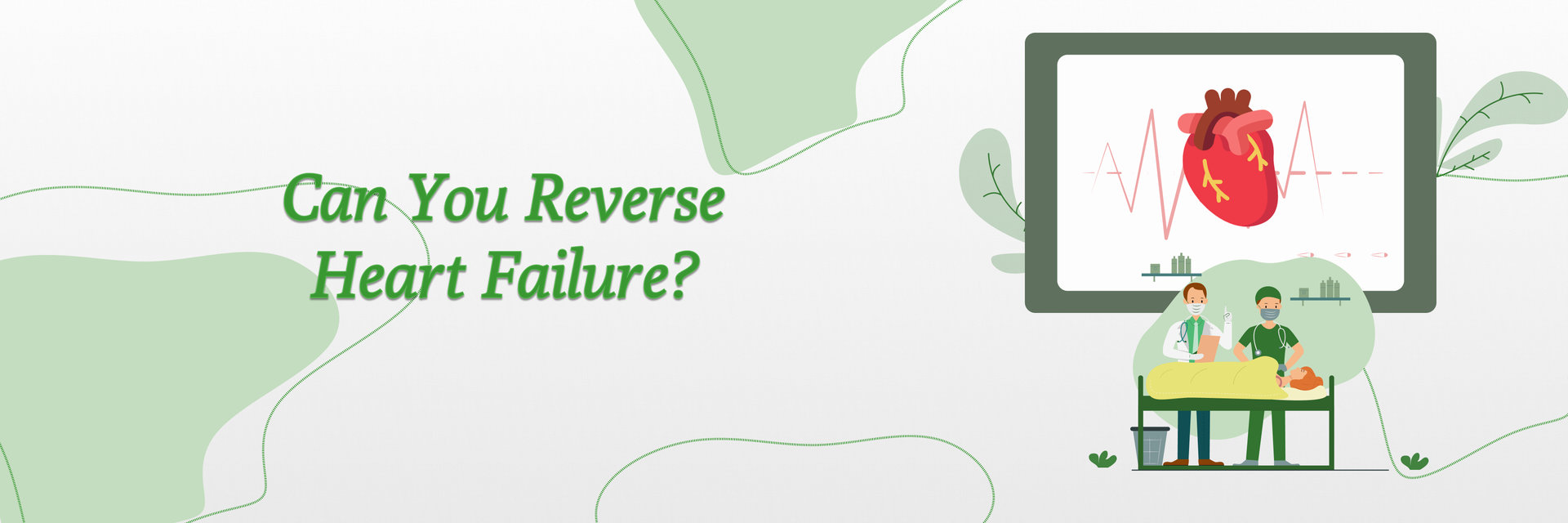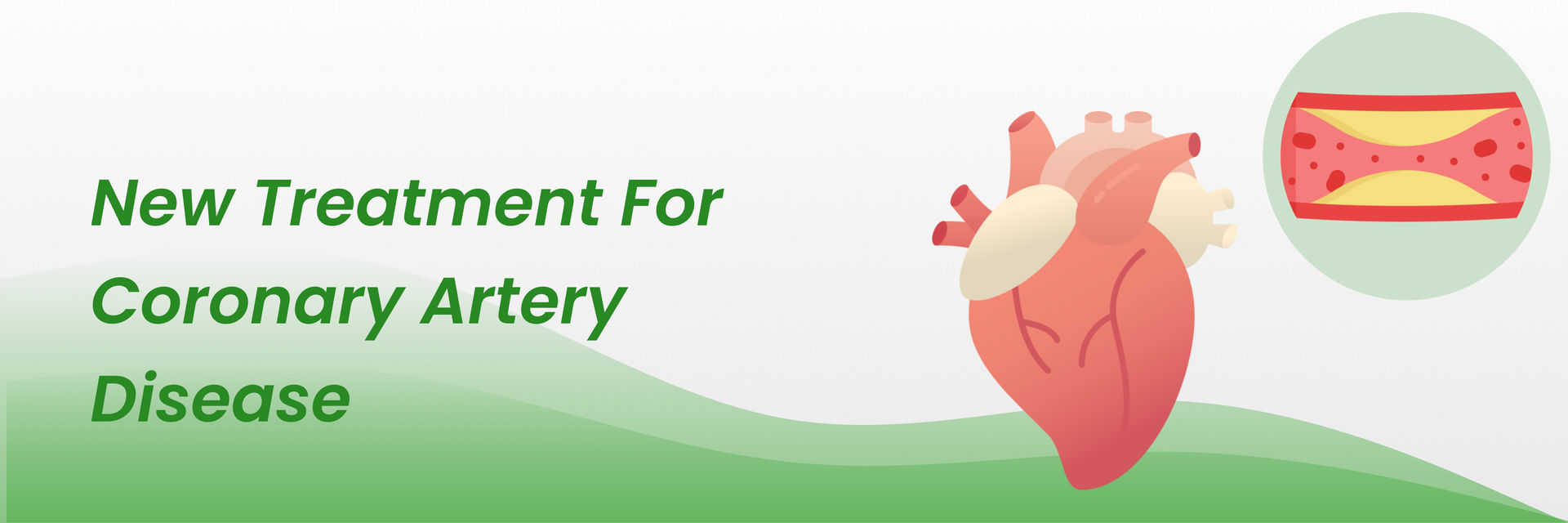Ever wondered why heart issues might make your feet puff up? Let's dive in:
What is the connection between heart failure and swollen ankles?
Heart failure happens when the heart is not able to pump the blood properly. The heart is not able to pump blood as well as it should. This causes the body to hold onto extra fluid. This leads to swelling. It is called edema. As a result, the swelling shows up in the feet or ankles. Hence there is a relation between swollen ankles and heart disease.
Although many things, like being pregnant, can cause ankle swelling. You should talk to a doctor in such a case to ascertain the actual cause.
Can heart disease cause ankle swelling in both legs?

Yes, heart disease can lead to swelling in both legs. Particularly around the ankles. When the heart does not function properly and does not pump blood efficiently. This causes fluid to accumulate in various parts of the body. Especially in the lower extremities of the body like feet and ankles.
Your health is too important to ignore. If you're experiencing ankle swelling and have concerns about heart disease, schedule your appointment now for a comprehensive evaluation. Taking action today can lead to a healthier tomorrow.
You might be asking, 'Am I at risk?' Here are some factors you should definitely know about:
Are there any specific risk factors that make someone more prone to ankle swelling due to heart issues?

Yes, there are specific risk factors that can increase the chances of swollen ankles and heart disease:
Older age can reduce heart efficiency. It leads to swollen ankles and heart disease.
High Blood Pressure or Chronic hypertension: It can cause heart strain and swelling.
Coronary Artery Disease: Blocked arteries might result in heart failure and edema.
History of Heart Attack: Past heart attacks can impact the heart's pumping efficiency.
Valvular Heart Diseases: Faulty heart valves can lead to heart failure and swelling.
Excess weight strains the heart: Obesity increases the chances of swollen ankles and heart disease.
Diabetes can indirectly contribute to heart issues and swelling.
Alcohol and Tobacco Use: Both heighten heart disease risk.
Kidney Diseases: They can cause fluid retention, straining the heart.
Some drugs, like certain NSAIDs, can lead to ankle swelling.
Not every swollen ankle points to a heart issue. Curious about what else could be the cause? Let’s uncover the truth!
Is ankle swelling always a serious symptom of heart disease, or can it be benign in some cases?

Ankle swelling isn't always indicative of a serious heart condition. While swollen ankles and heart disease are related, still ankle swelling can be due to other reasons as well.
Take charge of your health and your life. If you have questions about ankle swelling and its potential connection to heart disease, contact us today. Your proactive step can lead to a better understanding of your health.
Here are some potential causes:
- Heart Disease can lead to fluid build-up in the ankles. It causes swelling in the ankles.
- Venous Insufficiency: Weak leg veins cause swelling.
- Lymphedema: Blocked lymphatic system causes fluid retention.
- Injury: Like sprains or fractures.
- Medications: Some can cause ankle swelling. For eg: blood pressure medications, antidepressants, and steroids can cause ankle swelling
- Pregnancy: Normal to an extent, but sudden swelling is concerning.
- Infections: Especially in people with diabetic neuropathy.
- Blood Clots: Can block blood flow in leg veins.
- Prolonged Standing/Sitting: Leads to blood pooling in legs.
How is heart disease-related ankle swelling typically treated in a medical setting?

Heart related diseases should be given utmost attention. Ongoing care, often including heart medication, is usually necessary.
The treatments include:
Lifestyle Changes:
- Limit Salt. Avoid high-sodium foods like processed meals. aim for less than 2,300 milligrams of sodium daily.
- Stay Active. Consult with a doctor for a suitable exercise routine. It boosts heart efficiency.
- Manage Stress. Techniques like meditation and journaling can help.
Medical Treatments:
Depending on the heart failure type, doctors may prescribe beta-blockers, ACE inhibitors, or SGLT-2 Inhibitors.
Implantable Devices. Tools like a left ventricular assist device can enhance heart function.
ICDs: Used to reduce the risk of sudden cardiac death.
Heart Transplant: Considered for severe heart failure cases.
Surgery: Procedures like cardiac catheterization or coronary artery bypass might be beneficial.
Fluid Management: Those with fluid retention might need to reduce fluid and salt intake. Diuretics can also help balance fluids.
Can popping a pill help? Here’s what you need to know!
Can heart medications help reduce ankle swelling in heart disease patients?

Yes, certain heart medications can help reduce ankle swelling (edema) in heart disease patients. Diuretics, commonly known as "water pills," are often prescribed in such cases. It helps the body eliminate excess salt and water through urine. This alleviates fluid buildup. It reduces swollen ankles and heart disease. Adjusting the doses or types of other heart medications can also help if they are contributing to the swelling.
Ready to take matters into your own hands? Here are some game-changing tips:
What lifestyle modifications can individuals with heart disease make to manage ankle swelling?

Lifestyle modifications are the key to cure almost any kind of ailment. Individuals with swollen ankles and heart disease can make several lifestyle modifications to manage it.
- Limit Salt: Stay under 2,300 milligrams daily.
- Elevate Legs: Helps reduce swelling.
- Exercise: Boosts circulation. Check with a doctor first.
- Watch Fluid Intake: Monitor based on the doctor's advice.
- Use Compression Stockings: Improves circulation.
- Maintain Weight: Reduces leg pressure.
- Limit Alcohol and caffeine: Can exacerbate swelling.
- Avoid Prolonged Standing: Take breaks if needed.
- Manage Stress: Techniques like meditation help.
- Quit Smoking: Benefits circulation.
Lifestyle Modifications for Managing Ankle Swelling in Heart Disease. Take the first step to recovery—get in touch with us for your personalized treatment. Your heart health matters.
Is your diet contributing to the swelling? Let’s find out what you should be munching on (and avoiding):
Are there any dietary changes that may help alleviate ankle swelling in heart patients?

Yes, dietary changes can play a significant role in managing swollen ankles and heart disease:
- Limit Salt: Aim for less than 2,300 mg daily.
- Avoid Processed Foods: They often have high salt.
- Eat Potassium-Rich Foods: Like bananas and spinach.
- Drink Water: Helps flush out excess salt.
- Reduce Alcohol and Caffeine: They can increase swelling.
- Include Magnesium Foods: Like nuts and whole grains.
- Choose Anti-inflammatory Foods: Such as fish.
Avoid Allergen Foods If they cause swelling.
Can regular exercise be beneficial for reducing ankle swelling in individuals with heart conditions?

Yes, regular exercise can be beneficial for reducing swollen ankles and heart disease. Here's why:
- Improves Circulation. Exercise enhances blood flow. It can prevent fluid from accumulating in the ankles.
- Strengthens Heart and Cardiovascular System. A stronger heart pumps blood more efficiently. It reduces the likelihood of fluid buildup.
- Manages Body Weight. Shedding extra pounds can reduce pressure on veins. It promotes better circulation.
- Promotes Fluid Drainage. Movement encourages fluid to return to the heart instead of settling in the lower extremities.
Are there any specific complications associated with untreated ankle swelling in heart disease patients?
Yes, untreated ankle swelling (edema) in heart disease patients can lead to several complications.
Pain: Swelling can increase discomfort.
Itchy Skin: Overstretched skin might itch.
Skin Ulcers: Chronic swelling can cause sores.
Scarring: Long-term edema may cause tissue scarring.
Infection: Stagnant fluid raises infection risk.
Poor Circulation: Severe swelling restricts blood flow.
Risk of DVT(Deep Vein Thrombosis): Reduced movement can cause deep vein blood clots.
Your well-being is our priority. Call us today to book your appointment and address any concerns about untreated ankle swelling in heart disease. Taking proactive steps can make a significant difference in your health.
Can ankle swelling due to heart disease be managed effectively at home, or is medical intervention always necessary?

Ankle swelling due to heart disease can be managed at home to some extent. However, medical intervention is often necessary, especially if the cause is heart disease. Home measures can include:
Elevation: Elevating the legs helps reduce swelling.
Dietary Changes: Reducing salt intake can help prevent fluid retention.
Compression Socks: They help improve circulation.
Regular Exercise: Enhances blood flow and may reduce swelling.
Maintaining a Healthy Weight: Reduces stress on the circulatory system.
Reference-







